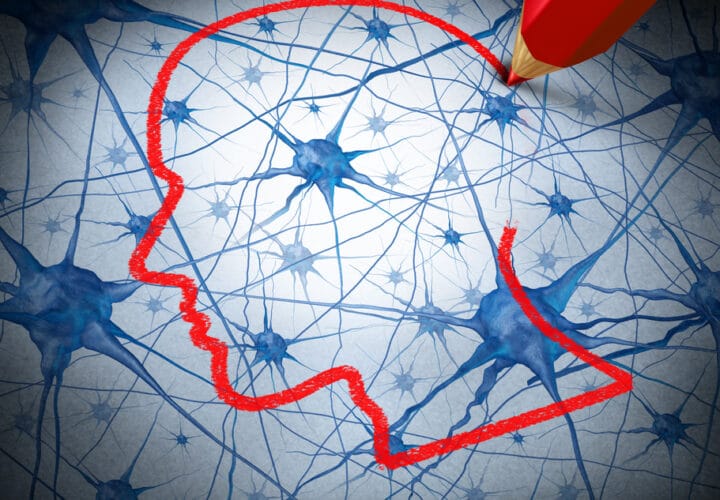A new study finds that having a dual diagnosis of diabetes and Alzheimer’s could increase the risk of severe stroke.
A new study finds that having both diabetes and Alzheimer’s disease may increase the risk of experiencing severe stroke, according to the American Heart Association (AHA). The research examined data from the Kentucky Appalachian Stroke Registry to investigate how having a dual diagnosis of chronic diseases could impact stroke risk, compared to just having one disease.
In the study, the researchers reviewed the health records of 2,071 adults who had experienced a hemorrhagic stroke—one of the most severe types of stroke, which can be difficult to treat and may lead to death.
The researchers found that 75 percent of people who had both diabetes and Alzheimer’s either died or required long-term care following their stroke. Among people with just diabetes, 42 percent died or needed hospice, and 62 percent of people with just Alzheimer’s did. Only 39 percent of people who had neither diabetes or Alzheimer’s experienced the same outcome.
The study allowed researchers “the opportunity to think about how having more than one [health condition], like diabetes and Alzheimer’s disease, could influence outcomes compared to having just one,” Amanda Trout, lead author of the study and a scientist at the Center for Advanced Translational Stroke Science at the University of Kentucky, said in a news release.
The American Heart Association reports that some 795,000 people in the U.S. have a stroke each year, and around 146,000 people die from stroke. High blood pressure, especially when it’s chronic and unmanaged, is the biggest risk factor for hemorrhagic stroke, the AHA says.
How Stroke Risk Factors Contribute to Alzheimer’s
Whether having Alzheimer’s causes a higher incidence of severe stroke, or people who are predisposed to having strokes are more likely to develop Alzheimer’s, is unclear.
Because the researchers didn’t include people’s blood pressure levels in the study, it “makes it difficult to assess the overall health of the patients and determine whether it was having both Alzheimer’s disease and diabetes that put them at higher risk for a severe stroke,” Dr. Robert Eckel, professor emeritus of medicine at the University of Colorado Anschutz School of Medicine, said in the news release.
“It does raise my curiosity about whether there is something going on between the two, because we know that diabetes is related to dementia,” Eckel, who was not involved in the study, continued.
Indeed, scientists are well aware that the risk factors for stroke and diabetes—such as high blood pressure, poor diet and cardiovascular health—contribute to the development of neurodegenerative diseases.
In fact, having a stroke may double or triple the risk of developing dementia, because of the way strokes impact blood vessels in the brain. Impaired blood circulation in the brain is the main cause behind vascular dementia, a type of dementia associated with heart problems and damaged vessels.
And high blood pressure is one of the main signs of a potential increased risk of developing dementia. Research has shown that having hypertension as early as childhood could lead to dementia later on.
“High blood pressure has the strongest evidence [for a link to dementia],” Dr. Marion Buckwalter, a neurocritical care specialist at Stanford Health Care, said in a past interview with Being Patient. “It’s a bad actor in many ways. Diabetes, high blood sugar and high cholesterol can also play a role.”
It’s unclear whether diabetes and Alzheimer’s somehow lead to these severe strokes, and the latest research opens up questions that will need to be further explored. However, many experts agree that healthy lifestyle changes in diet and exercise are some of the best evidence-based ways to reduce the risk of all three conditions.





